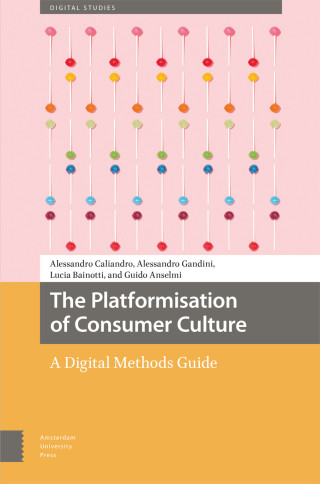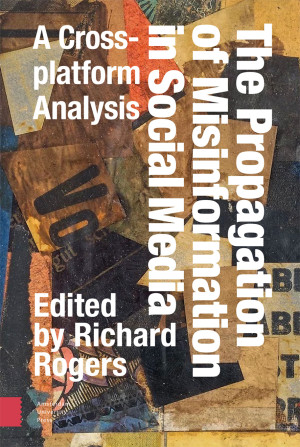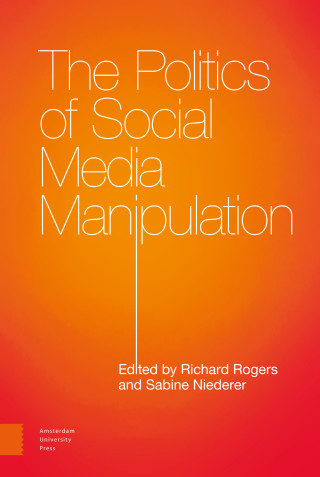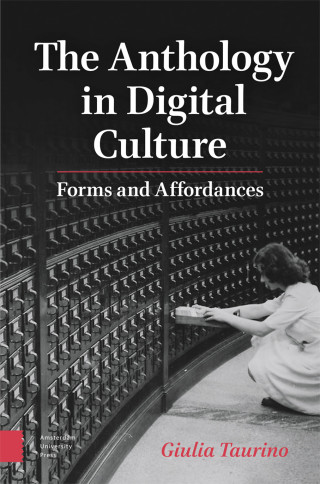Table of contents
Preface
1. “Serious queries” and “editorial epistemologies:” How social media are contending with misinformation – Richard Rogers
2. Problematic information in Google Web Search? Scrutinizing the results from U.S. election-related queries – Guillen Torres
3. The scale of Facebook’s problem depends upon how “fake news” is classified – Richard Rogers
4. When misinformation migrates: Cross-platform posting, YouTube and the deep vernacular web – Anthony Glyn Burton
5. Fringe players on political Twitter: Source-sharing dynamics, partisanship and problematic actors – Maarten Groen and Marloes Geboers
6. Twitter as accidental authority: How a platform assumed an adjudicative role during the COVID-19 pandemic – Emillie de Keulenaar, Ivan Kisjes, Rory Smith, Carina Albrecht and Eleonora Cappuccio
7. The earnest platform: Coverage of the U.S. presidential candidates, COVID-19 and social issues on Instagram – Sabine Niederer and Gabriele Colombo
8. A fringe mainstreamed, or tracing antagonistic slang between 4chan and Breitbart before and after Trump – Stijn Peeters, Tom Willaert, Marc Tuters, Katrien Beuls, Paul Van Eecke and Jeroen Van Soest
9. Political TikTok: Playful performance, ambivalent critique and event-commentary – Natalia Sánchez-Querubín, Shuaishuai Wang, Briar Dickey and Andrea Benedetti
Afterword: The misinformation problem and the deplatforming debates
Index





